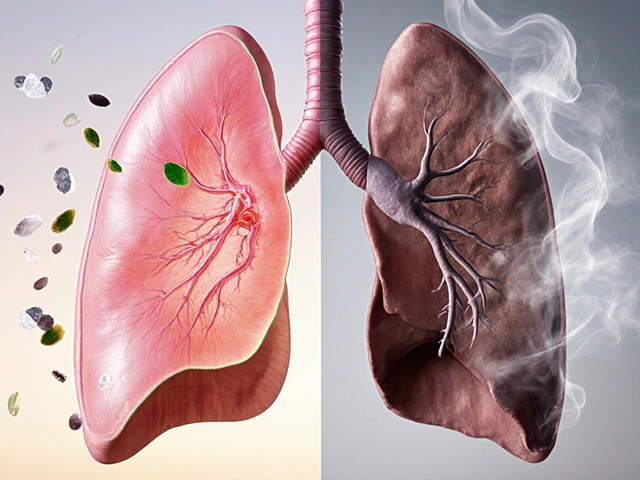Zoonotic Salmonella: What It Is and Why It Matters
Ever heard of salmonella from chickens, turtles, or even pets? That’s zoonotic salmonella – a bacteria that lives in animals and can hop onto humans. It’s not rare, and you don’t need to be a farmer to run into it. Knowing how it works can keep you and your family from a nasty stomach upset.
How People Catch Zoonotic Salmonella
Most cases start with contact. If you handle raw eggs, undercooked meat, or pet reptile droppings without washing your hands, you’re handing the bug a free ride. Farm visits, petting zoos, and even backyard chicken coops are common hotspots. The bacteria survive on surfaces for days, so kitchen counters, cutting boards, and sponges can become silent carriers.
Symptoms usually show up 6‑72 hours after exposure. You might feel crampy stomach pain, diarrhea (sometimes bloody), fever, and a general sense of being wiped out. Most healthy adults bounce back in a week, but kids, seniors, and anyone with a weak immune system can get seriously ill and may need antibiotics or even hospitalization.
Practical Steps to Prevent Infection
Prevention is mostly about hygiene. Wash your hands with soap for at least 20 seconds after touching animals, cleaning cages, or handling raw food. Use separate cutting boards for meat and veggies, and sanitize them with hot, soapy water or a diluted bleach solution.
Cook foods to safe temperatures: 165°F (74°C) for poultry, 160°F (71°C) for ground meats, and make sure eggs are fully set. When buying eggs, look for clean shells and avoid cracked ones. If you keep a backyard flock, collect eggs daily and keep the coop clean to cut down bacterial load.
For pet owners, especially those with reptiles or amphibians, keep the animal’s habitat away from kitchen areas. Use gloves when cleaning tanks, and wash hands afterward. If you’re pregnant or have a compromised immune system, consider avoiding high‑risk pets altogether.
Lastly, stay alert to food recalls. Health agencies post alerts when salmonella is linked to specific brands or batches. A quick check can save you a trip to the bathroom later.
By keeping these habits in mind, you can still enjoy fresh eggs, backyard chickens, and cute turtles without inviting salmonella to the party.
Learn how salmonella spreads to pets, spot symptoms early, and follow practical steps to keep dogs, cats and other companions safe.



 Medications
Medications




